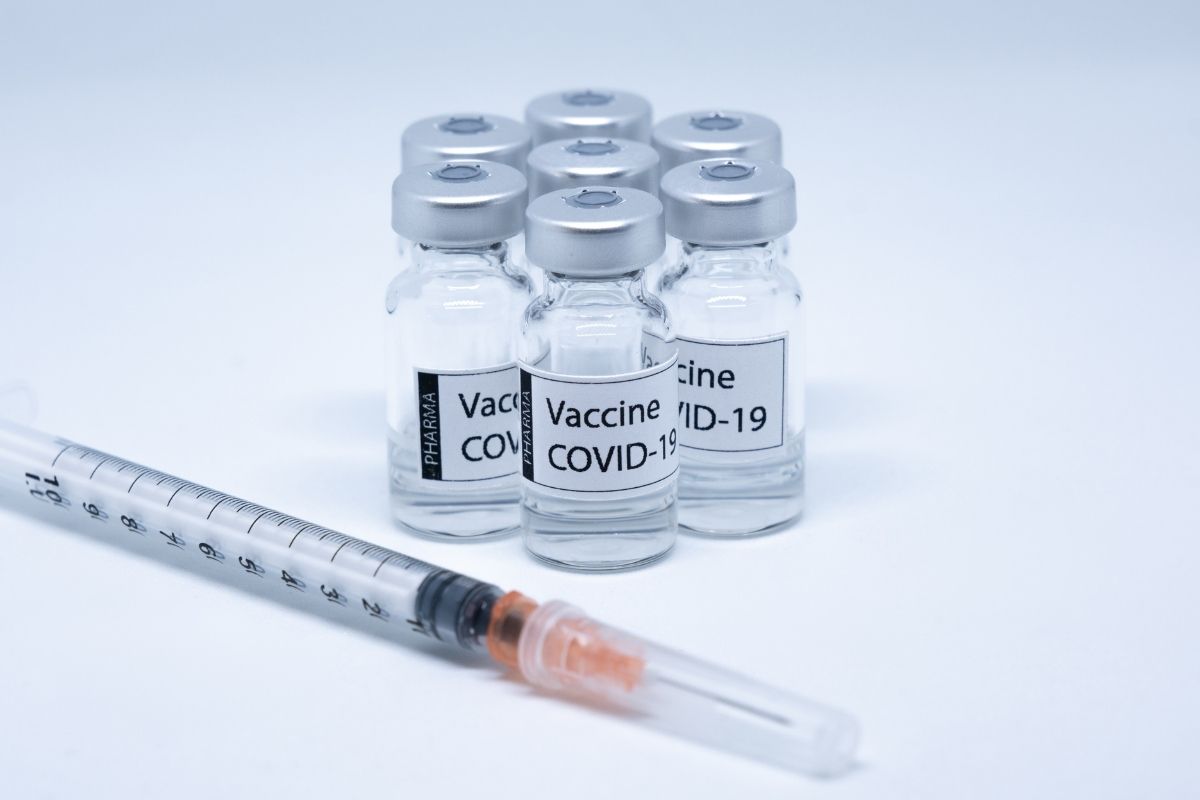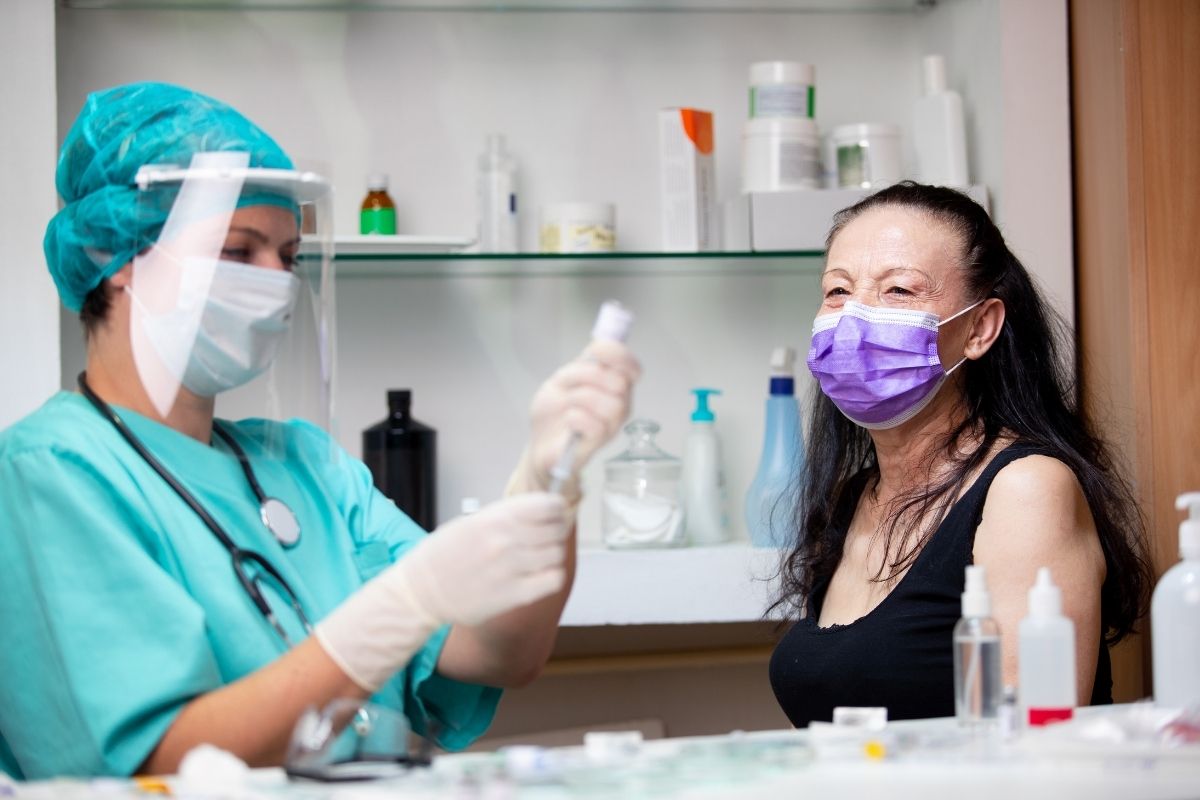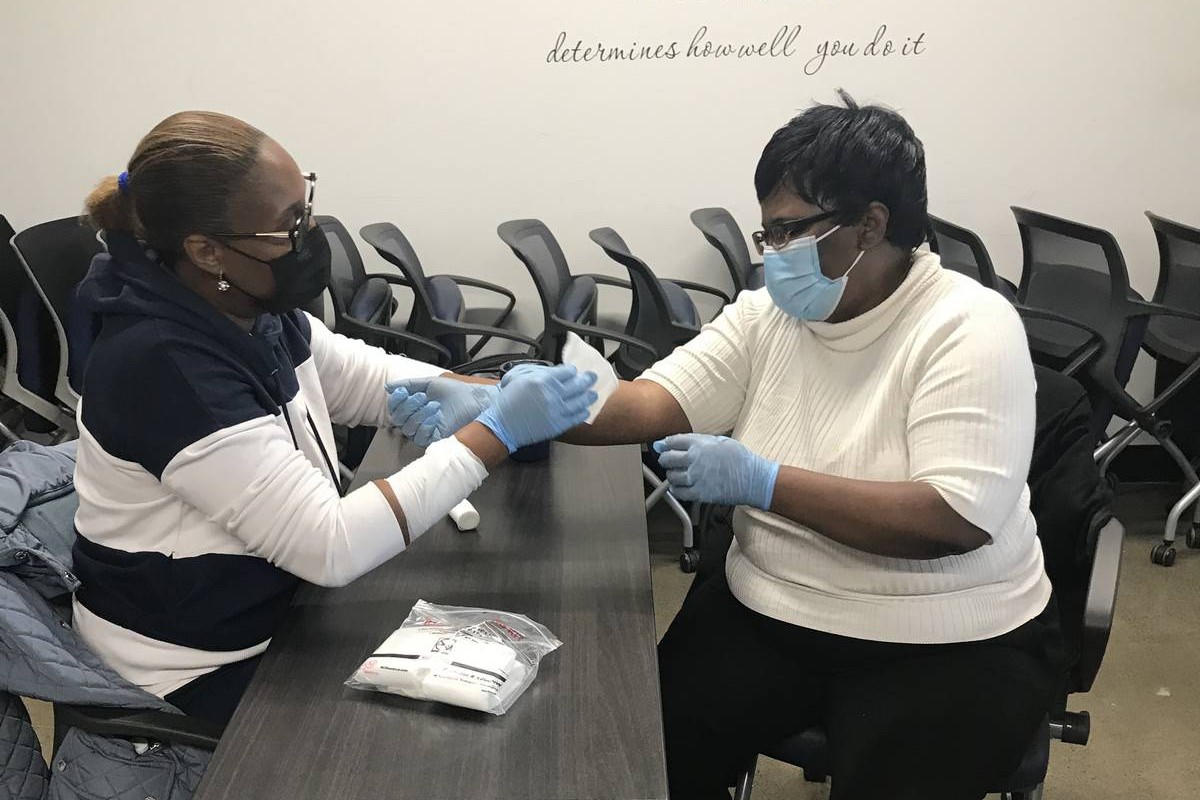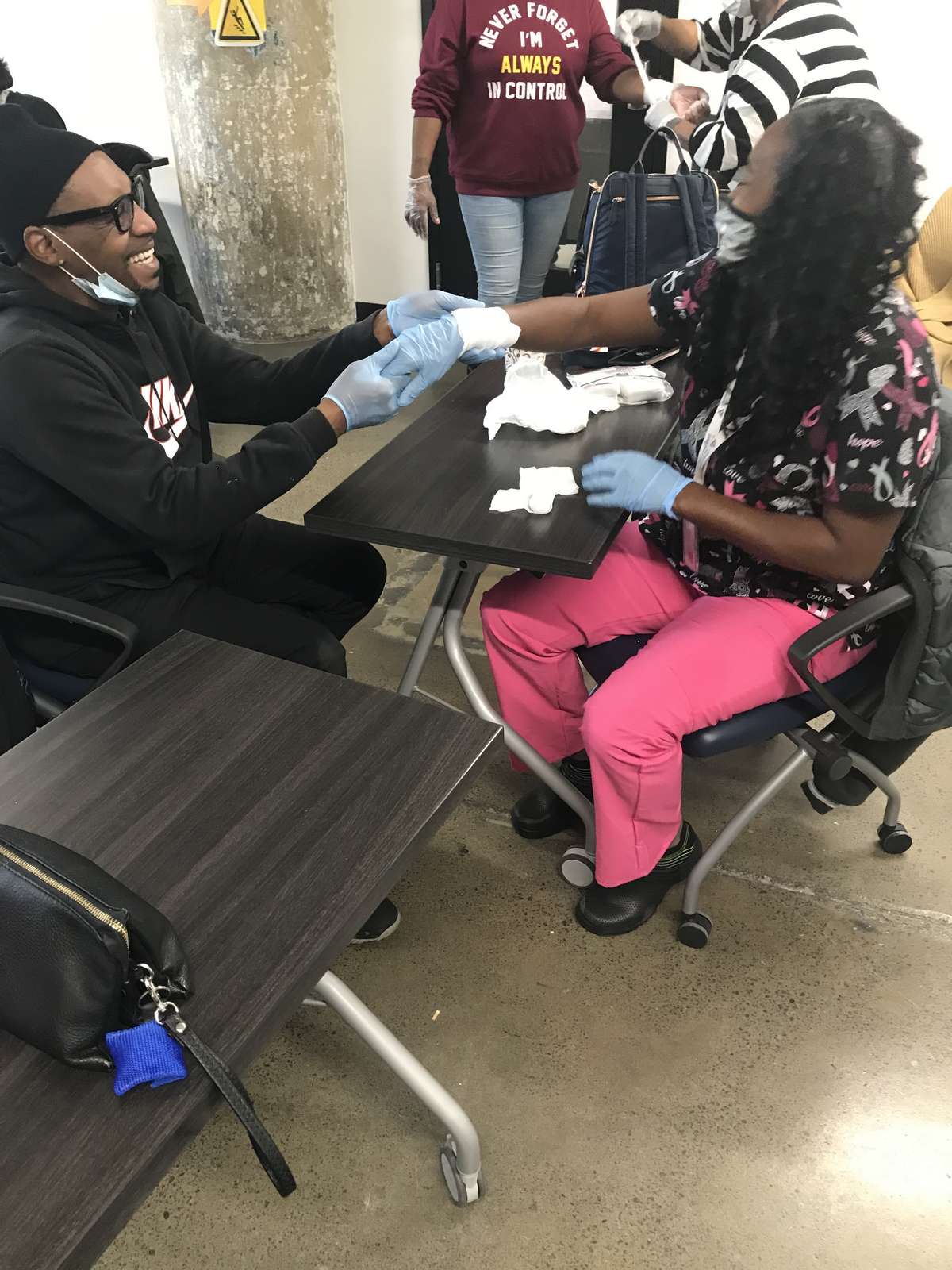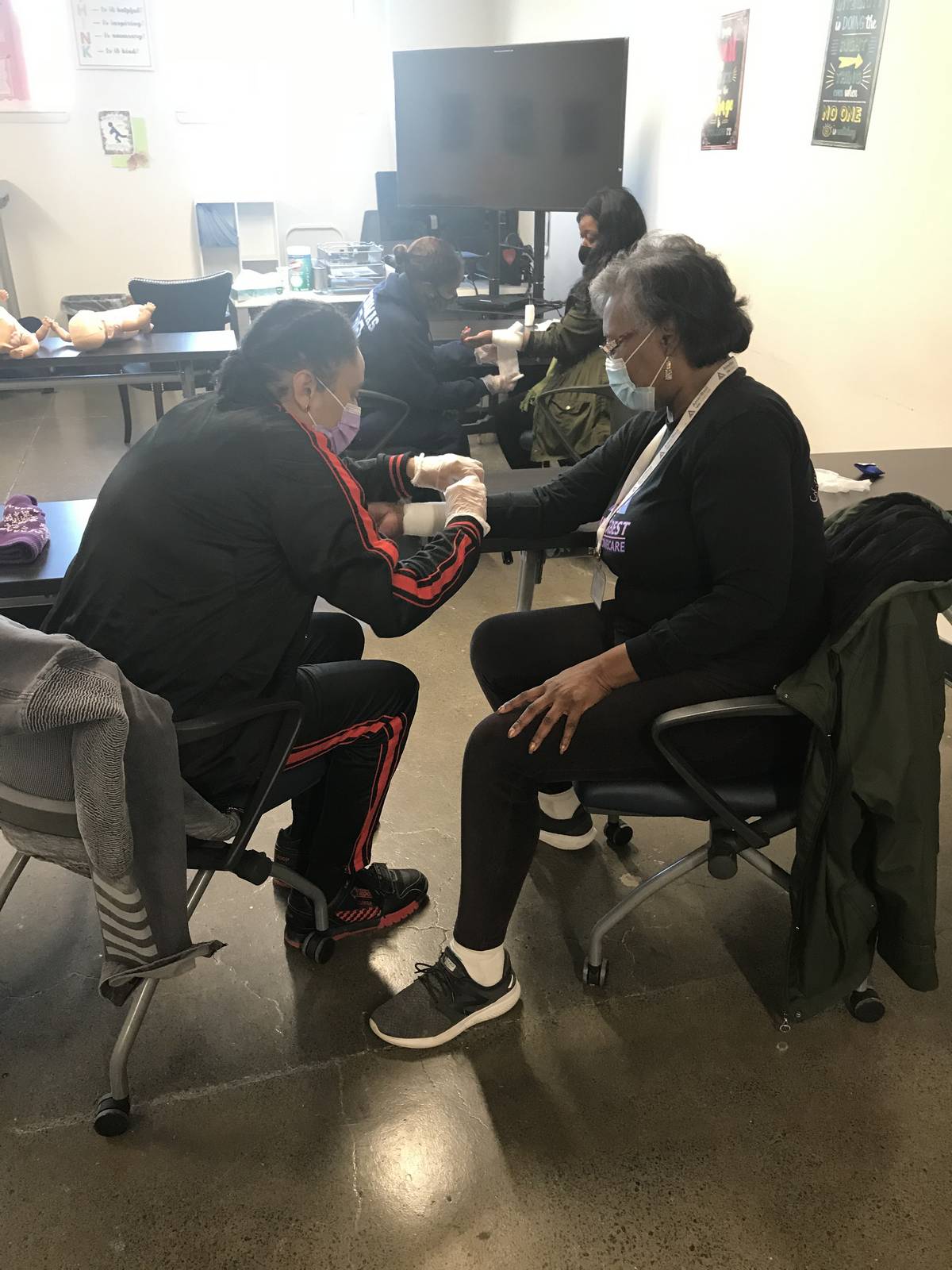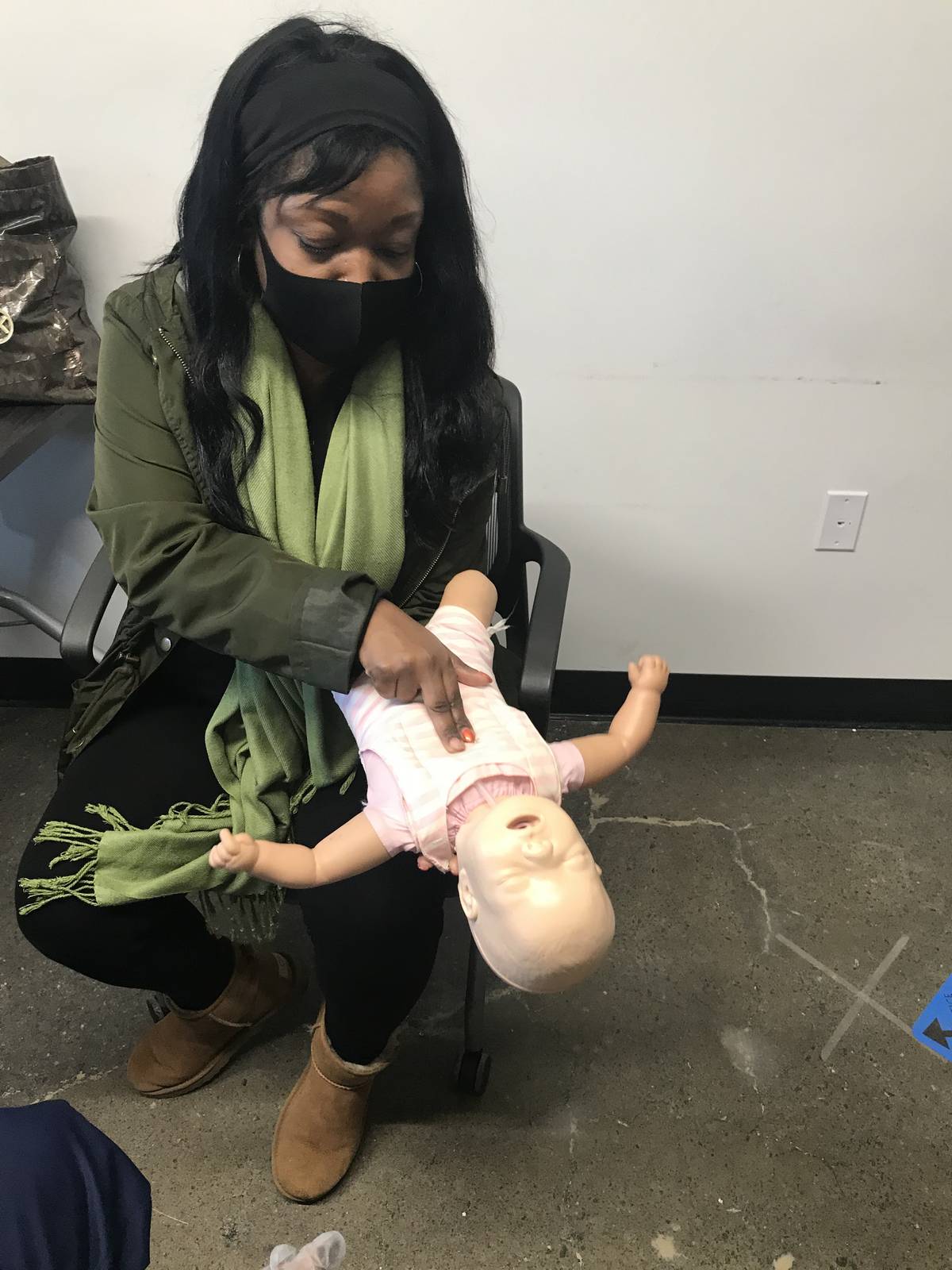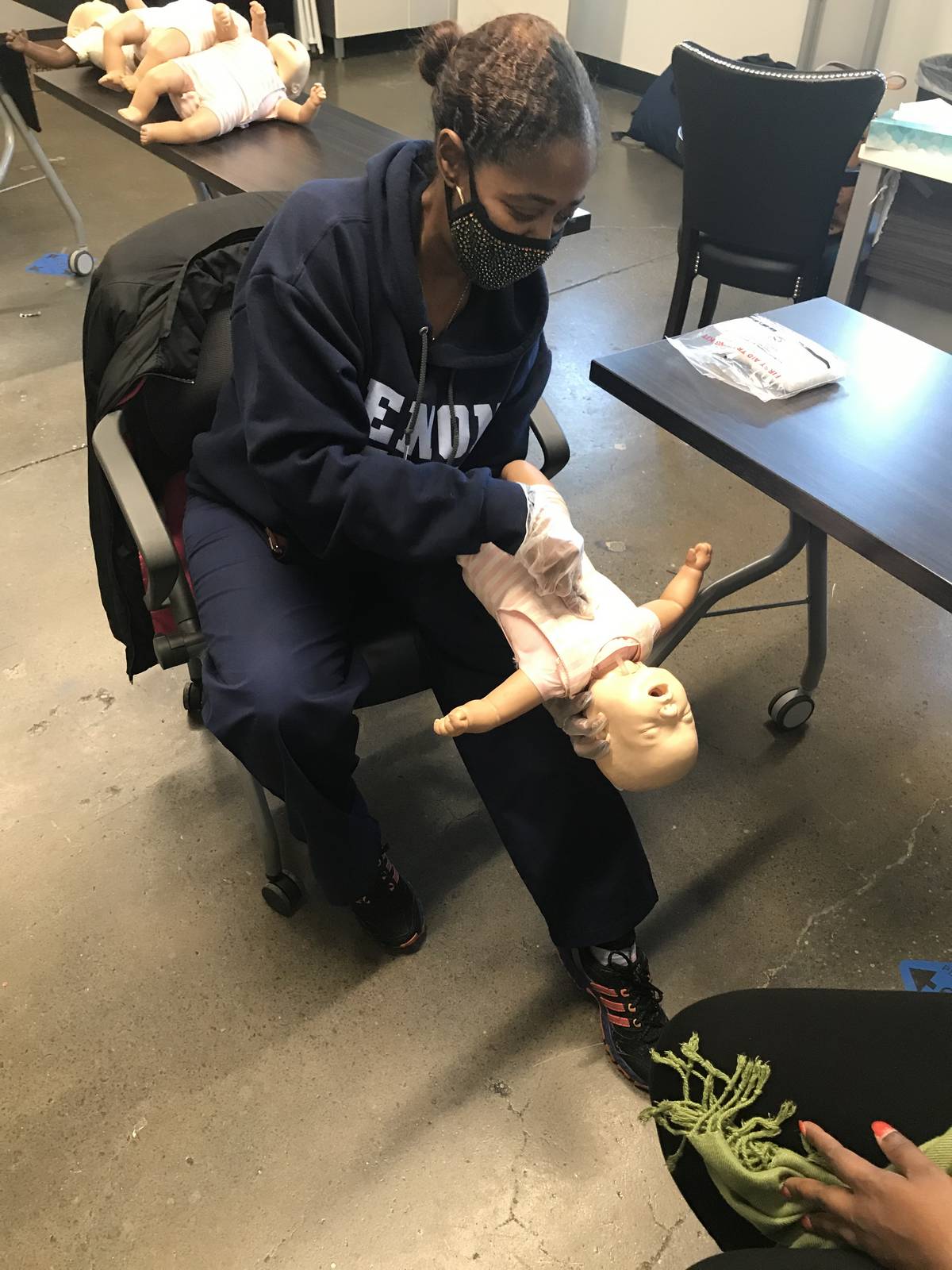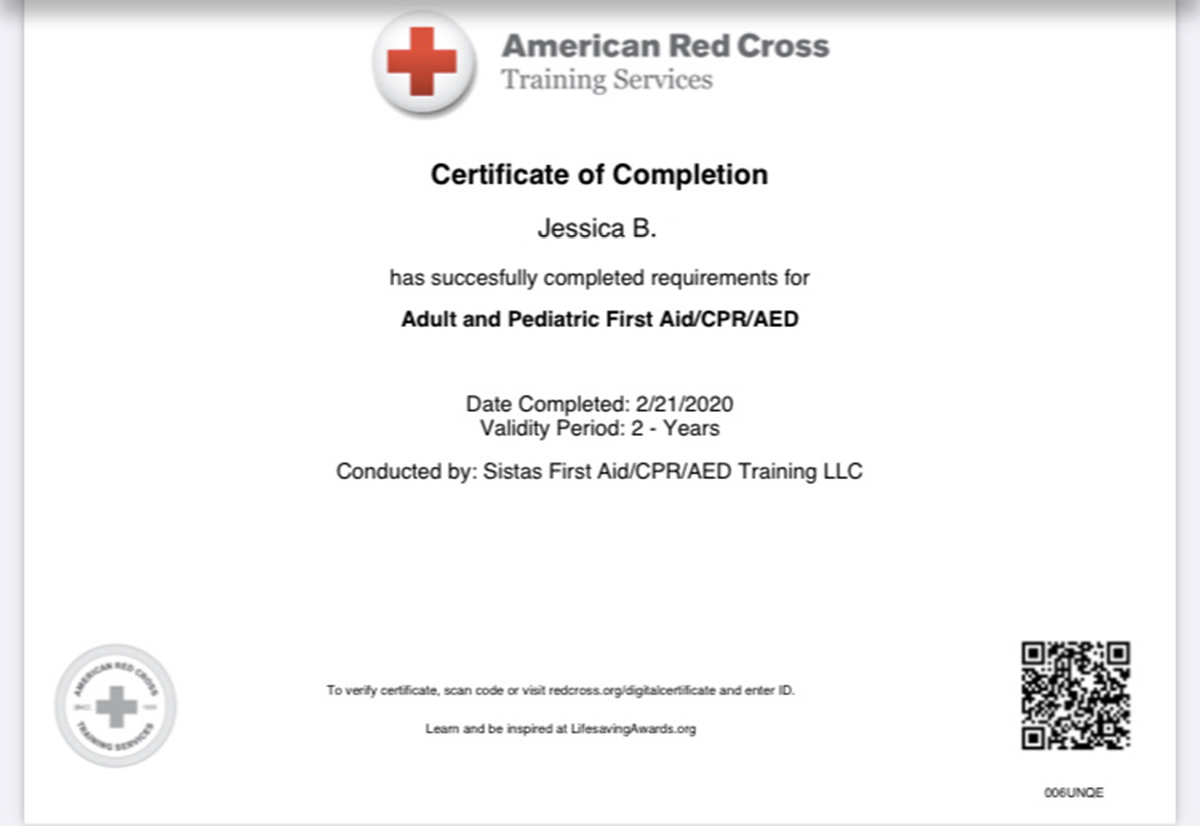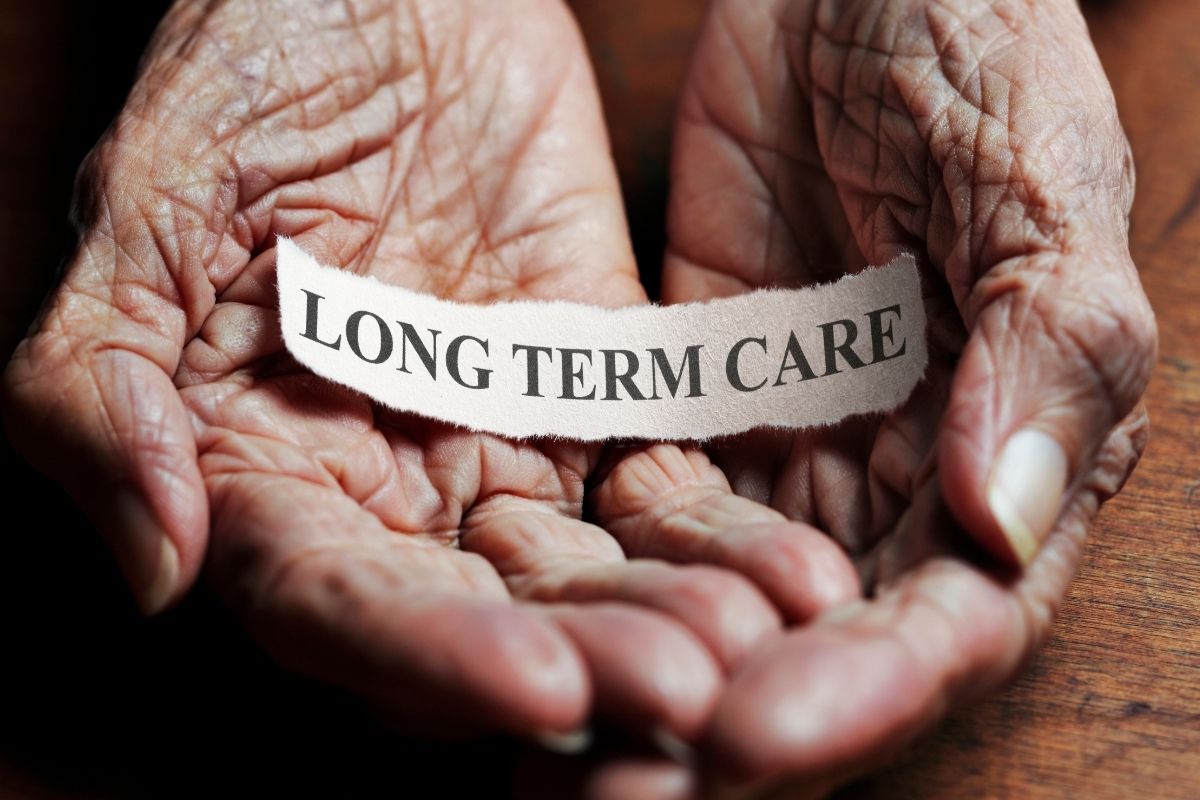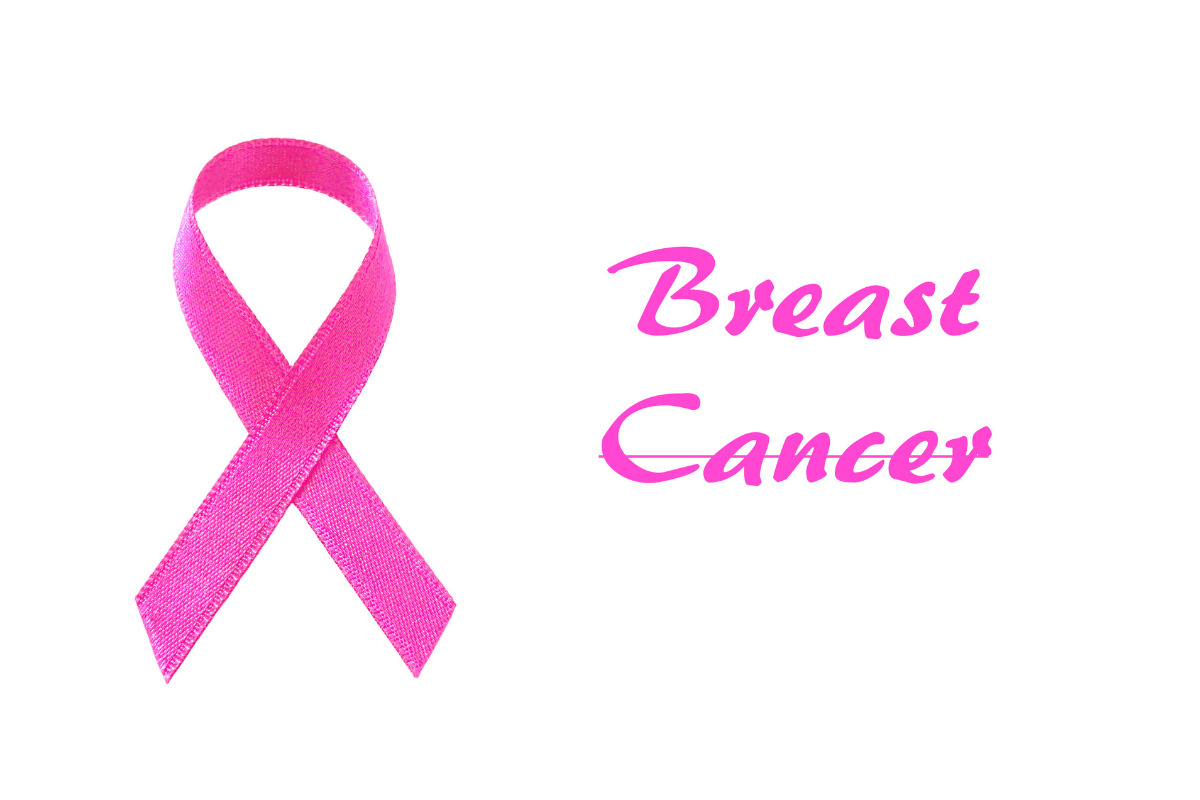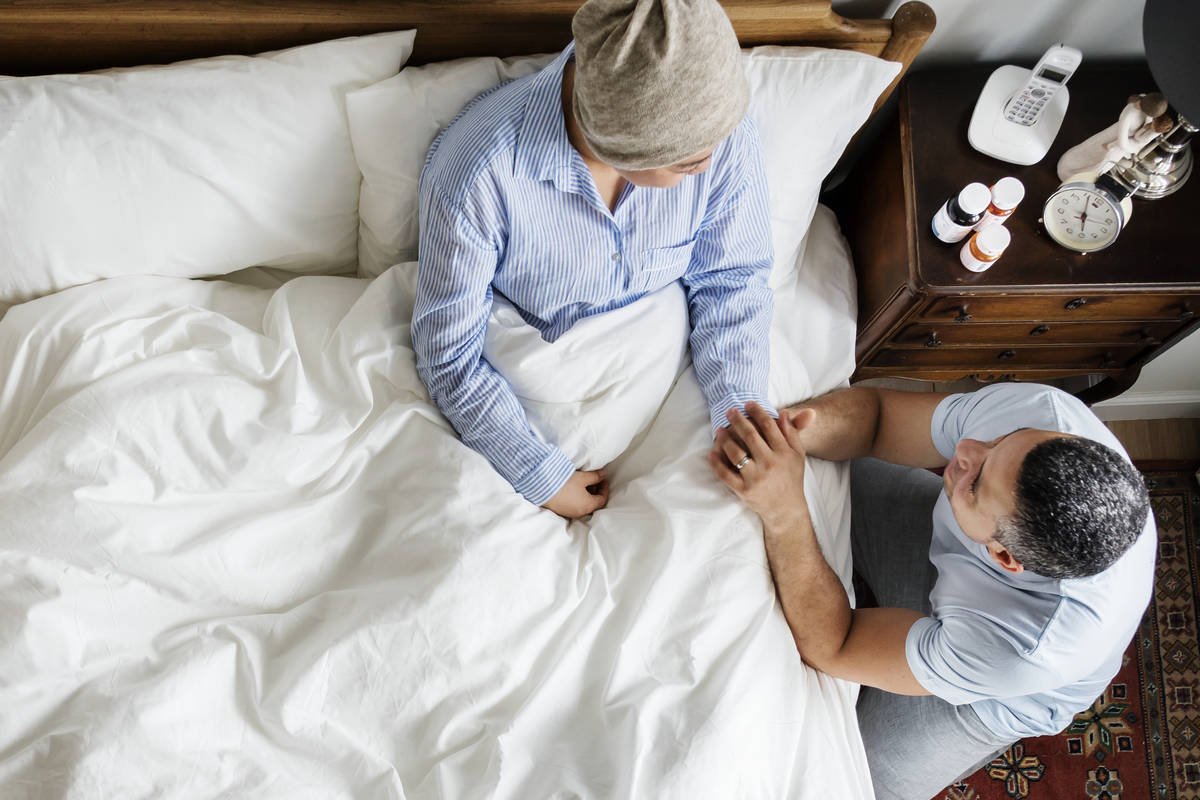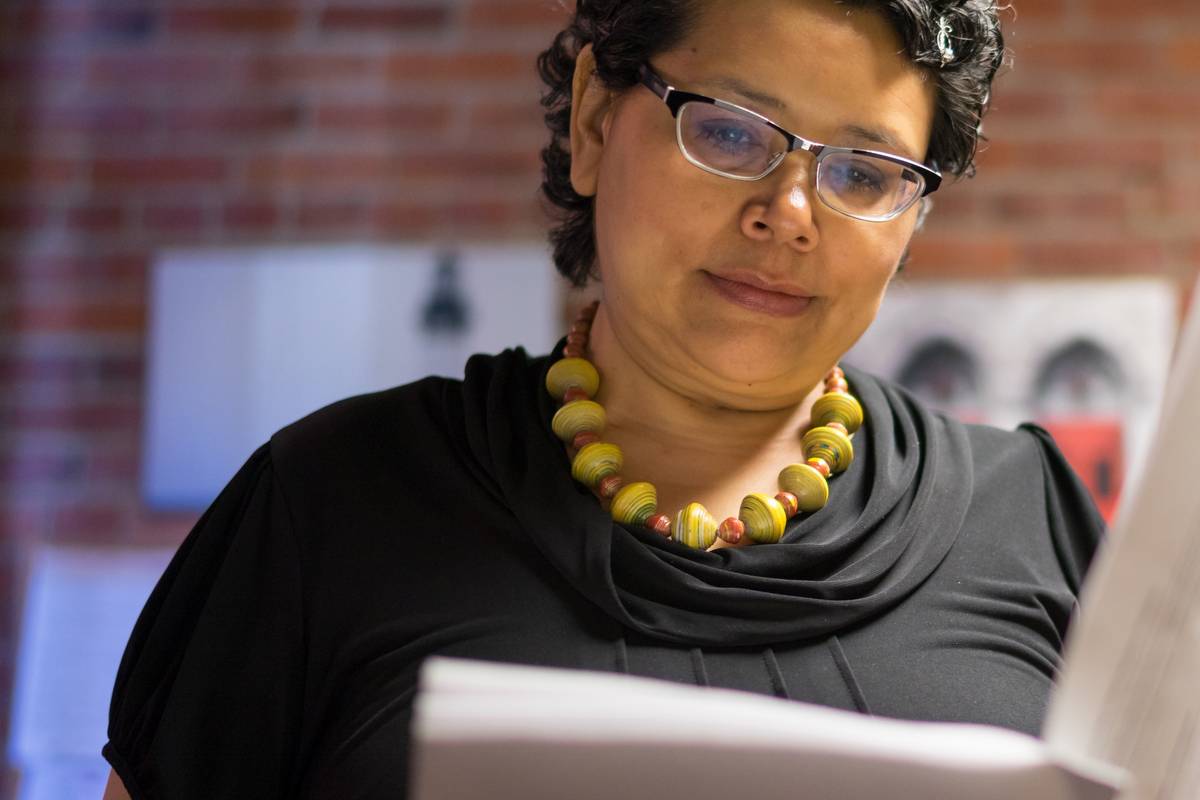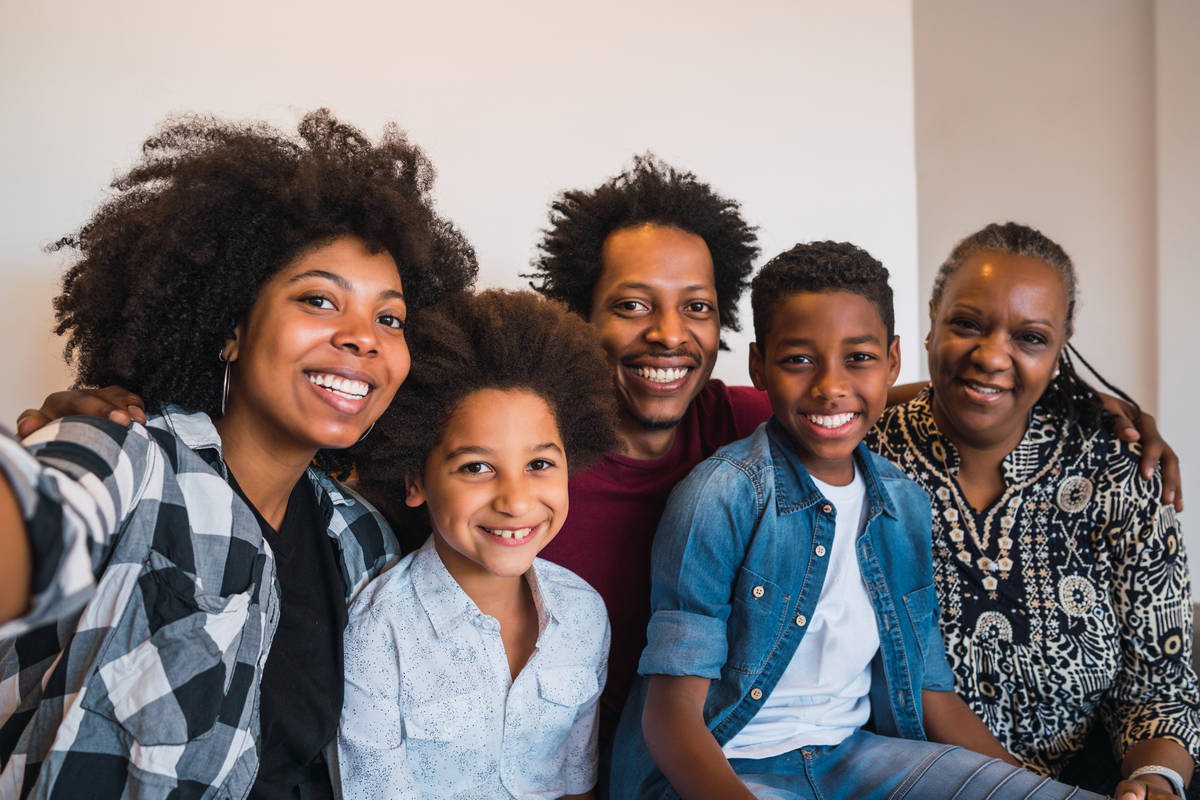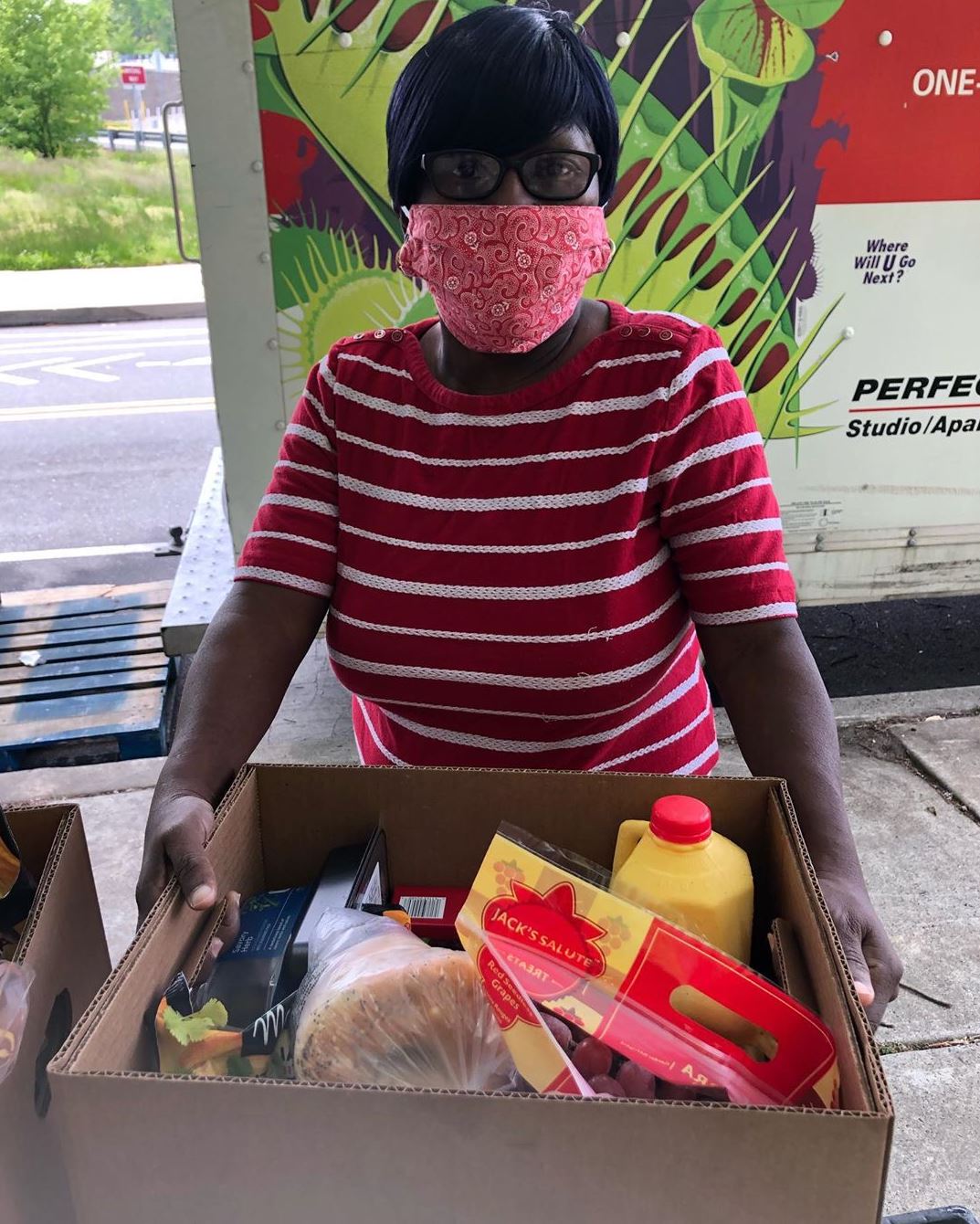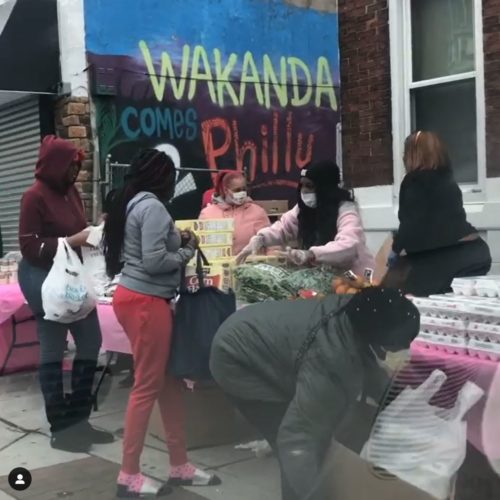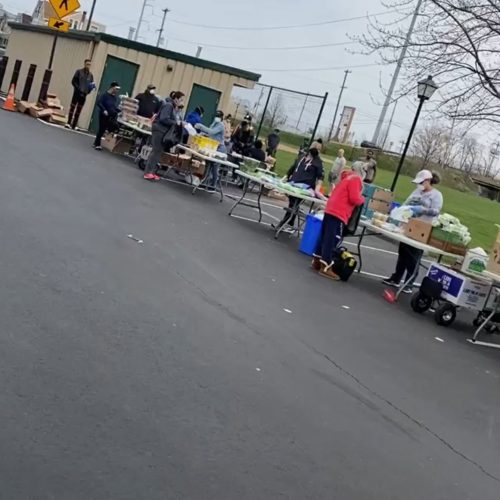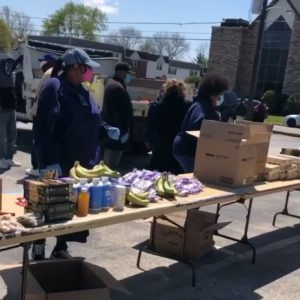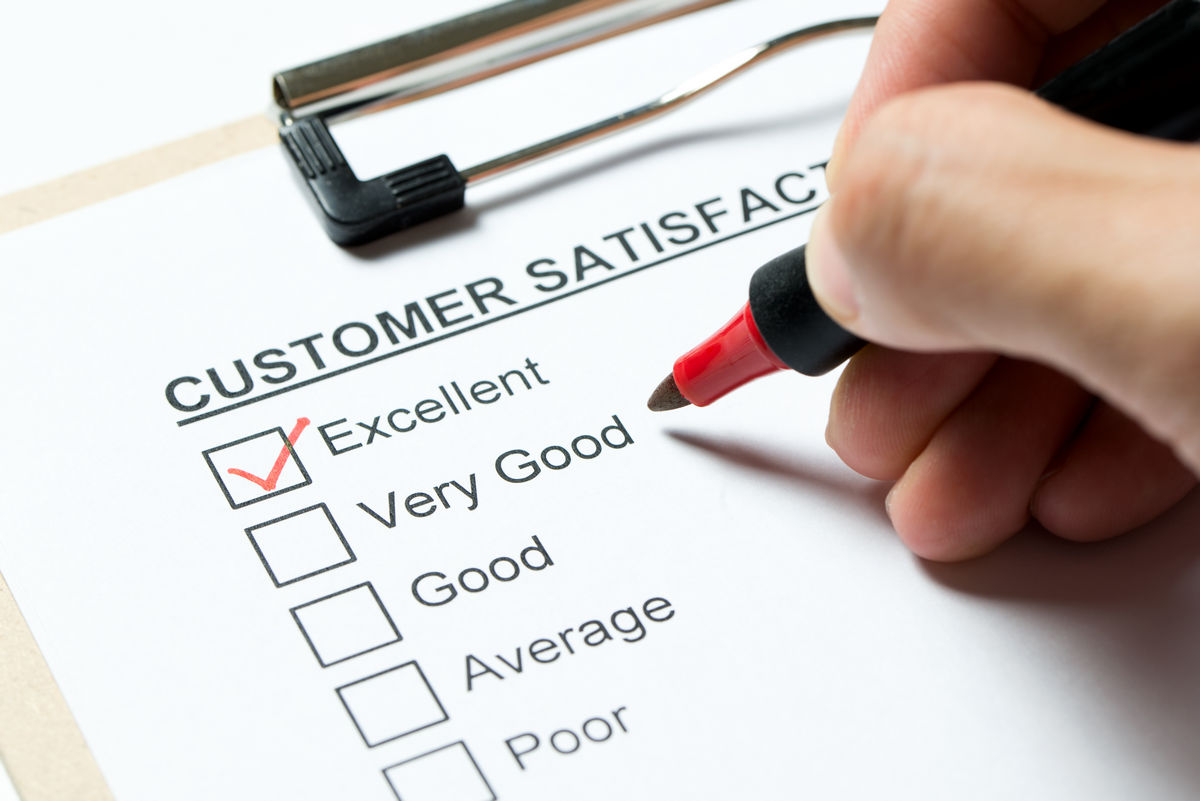It looks like Philadelphia and the rest of the United States are finally rounding the corner, nearing the home stretch of the coronavirus pandemic. As most people know, senior citizens are first in line for the coronavirus vaccine. However, there are some details pertaining to vaccinations for the elderly and caregivers that you might not be aware of. These details are explained below. If everything goes as planned, the vast majority of those in the Philadelphia community and those living throughout the United States should be vaccinated by the summer at the soonest or the fall at the absolute latest.
Vaccinations in Philadelphia
At the moment, those who are 65 and older, nursing home residents and nursing home staff members in the greater Philadelphia area are eligible for the vaccine. The city’s mass vaccine clinic is located at the downtown Convention Center. The federal government’s FEMA division operates the vaccination center. However, vaccinations have been somewhat slowed as those who are ineligible for early vaccination have signed up in droves. Making matters worse is the fact that the Philadelphia suburbs were not provided with sufficient vaccine supplies.
If you are a senior citizen and cannot make it to the convention center for vaccination, consider going to Rite Aid. Rite Aid is the city’s second largest vaccine distributor. You can also use this handy lookup tool to determine the closest vaccination site to your home.

An Appointment is Necessary
Even if you are a senior citizen and have comorbidities that put you at the front of the line for a coronavirus vaccine, you cannot simply stroll into the convention center and expect to be vaccinated. An appointment must be scheduled ahead of time to be vaccinated. Schedule an appointment at the Convention Center, a local Rite Aid, or one of the nearly half dozen community-based sites for vaccination and you will be that much closer to receiving the shot and returning to at least a semblance of normalcy.
Philadelphia is Making Progress in the Fight Against Coronavirus
Though youngsters without qualifying preexisting conditions might not be vaccinated until the summer or the fall, the City of Brotherly Love is certainly making strides toward vaccinating its population in a timely manner. Officials from the city’s Department of Public Health state 6,000 people receive coronavirus vaccine shots at the Convention Center every single day. Around 50,000 people are vaccinated within the city limits on a weekly basis. The hope is that this figure will double across the next two months as more vaccines become available.
The state of Pennsylvania has gone as far as enlisting the assistance of the state’s National Guard to expedite vaccinations through regional inoculation sites. Be patient, schedule your vaccination appointment as soon as possible and you will have done your part to prevent the spread of coronavirus to your elderly parents, fellow senior citizens, and other vulnerable individuals.

AmeriBest is on Your Side
If you are interested in home care, skilled nursing, or occupational/physical therapy in the greater Philadelphia area, reach out to us today! You can find out more about our services by contacting us online, by calling us at 215-925-3313, or by sending an email to info@ameribest.org.



